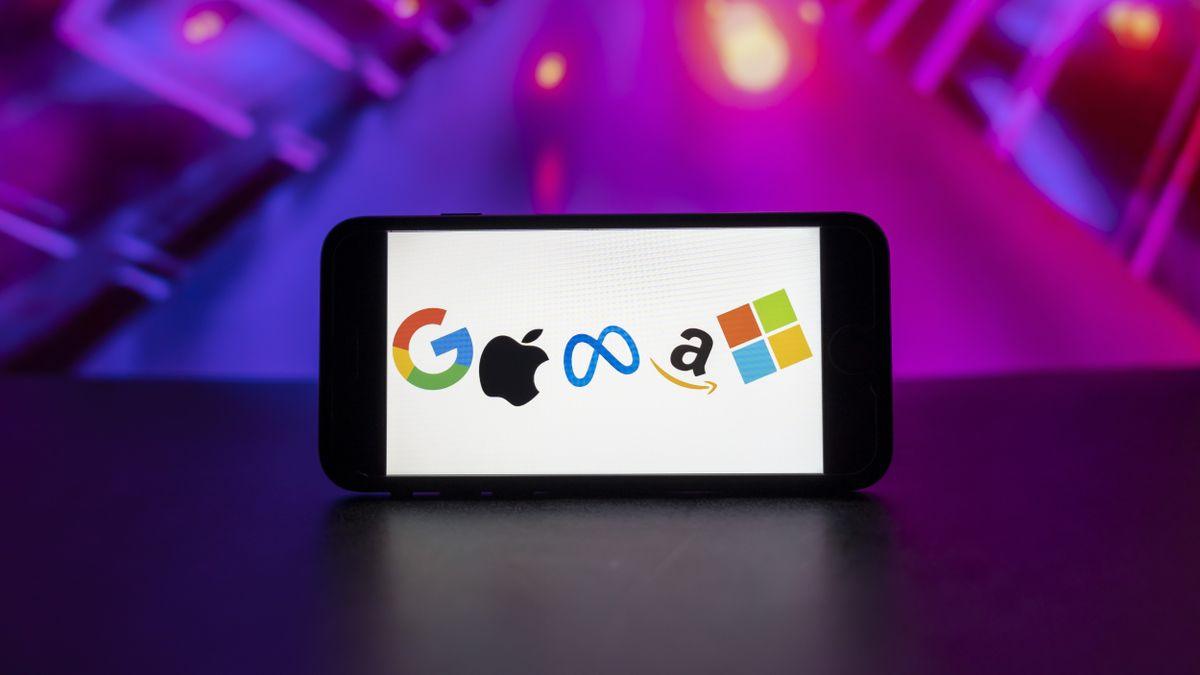Big tech companies only needed 16 days and 21 hours to pay the more than $8.2 billion in fines accumulated throughout 2024 for violating your privacy and competition rules.
That’s the shocking discovery from Proton, the Swiss privacy company behind one of the best VPN and secure messaging services on the market. The team compared the free cash flow availability of the big four – Google, Apple, Amazon, Microsoft and Meta – with the penalties these companies received throughout the year globally.
The results are astonishing. In 2024, the fines imposed on Big Tech were indeed the largest ever imposed, surpassing those of 2023 and 2022 (more than 3 billion dollars each year) combined. The real consequences, however, remain minimal. As Proton puts it, privacy and competition sanctions remain “simply a cost of doing business for companies whose revenues often exceed countries’ GDP.”
A drop in Big Tech cash flow
For the third year in a row, Google was the company most affected by fines in 2024, with the total amount reaching $2.9 billion. Yet, using its free cash flow (the cash a company can generate after unavoidable events), expenses), he can pay all his penalties after about three weeks of activity – 16 days, 21 hours and 25 minutes to be precise.
Apple followed suit with a total of $2.1 billion to repay, which would take about a week of cash flow from the Big Tech company. The same goes for Microsoftwith more $1.6 billion in fines.
Meta (parent company of Facebook, Instagram and WhatsApp) would need a little less than two weeks to pay its $1.42 billion penalties. Amazon was one of the least affected companies, with just over $57 million. However, it is very unlikely that Jeff Bezos lost sleep, as a single day of earnings would erase the penalty entirely.
According to Jurgita Miseviciute, head of public policy at Proton, it’s time for regulators to start speaking “the language of big tech.”
She said: “You don’t prevent a bank robbery by arming the guards with a feather. We need to create an environment in which technology companies, regardless of where they are founded, can thrive and not be hindered by the biggest players in the market. and strong competition law – its enforcement – is vital for this. Fines may not be enough, big tech must end its anti-competitive practices.
Almost every time in 2024, big tech companies have been sanctioned either for violating customer privacy or for antitrust practices.
For example, in October Google received the largest fine of this year ($2.5 billion) in Europe for having abused its dominant market position to benefit its own purchase recommendations in Google search. The company could use its free cash flow to fully pay this massive penalty in about two weeks.
The company’s smallest fine was $2,000, imposed by South Korea for collecting user data without their consent. Google would only take seven seconds to pay this amount.
According to Miseviciute, privacy and competition are two sides of the same coin: taking advantage of individuals’ most valuable asset – their personal data – by offering “free” services in exchange.
She said: “This exploitative business model benefits no one but big tech and undermines both privacy and choice. But why would they care about a fine for wrongdoing that is the equivalent of a parking fine for you or me?
While Big Tech’s fines still represent a slight drop in their cash flow, Proton is now urging lawmakers around the world to hold Big Tech accountable and ensure a fair and competitive digital marketplace for all.




